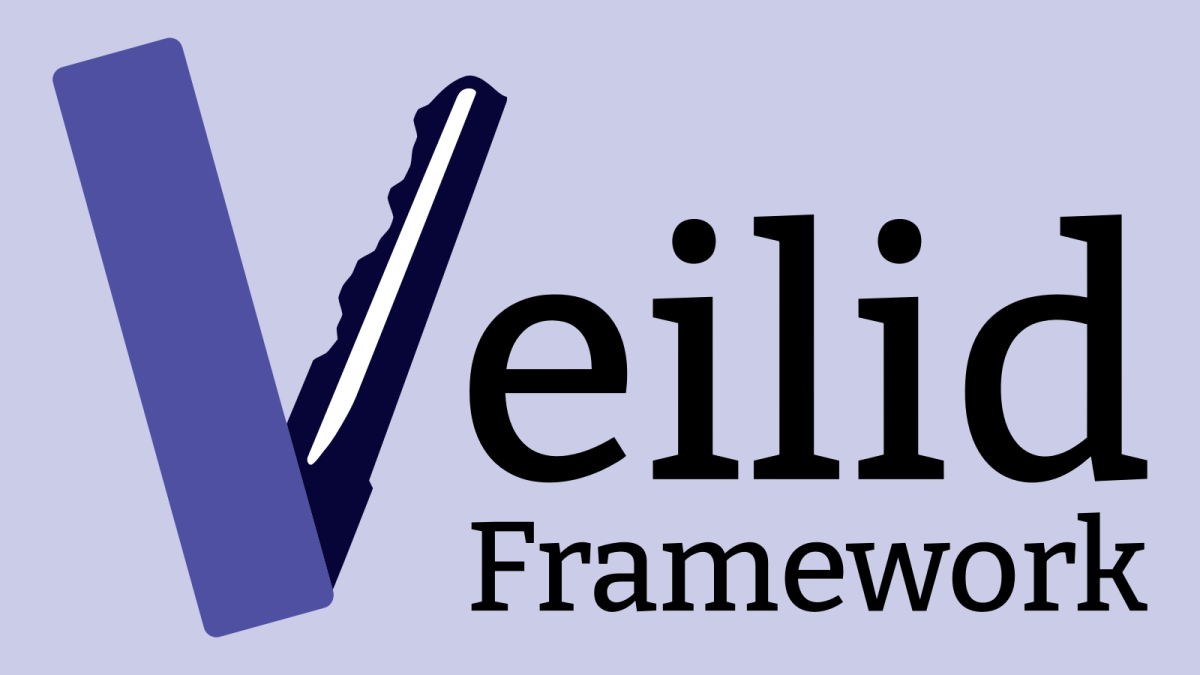
There were a number of factors. First and foremost, I've loved programming since one of my younger brothers got a programmable calculator for university. Not long after, I bought one of the first VIC-20s. Programming and playing in a community band were my only hobbies.
My last programming job was with a great company that turned toxic when it got bought by an investment group. That pushed me to a state of depression and burnout, leading to our decision to move to our cabin before retirement, where I went back to a labour job. There was no internet or cell signal at home and my aging laptop just got stuffed in the back of a closet. I spent my hobby time fishing, rowing, hiking, swimming, and learning how to grow stuff.
Then a change of leadership turned that job into something I could no longer tolerate, so I switched to driving school bus. I realized that with the extra time, I could start early on retirement activities, one of which was (is) education for fun. I started hitting the library computer (singular!) between bus runs on the days it was open. Before I knew it, I was taking online programming courses, buying a new laptop, and getting Starlink at home.
I fully retired last June and am starting to ramp up my skills. I've got 3 programming projects in various states of planning and development, and recently decided which one to pour my energies into. (Keeping in mind that I'm also into building boats and furniture and into long-distance rowing and swimming. And fishing, hiking, growing and preserving fruits and vegetables ...).
Sorry, I've rambled on, but I'm just so excited and have so much energy and motivation now that all day, every day is mine to do with as I will.







No problem, thanks for reading!